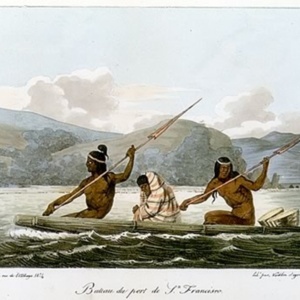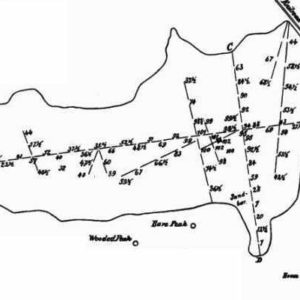
For the First Time It Felt Like Someone Was Writing about Me
English teacher Justin Parmenter describes how his encounters with essays by Thoreau and Emerson, and later with the poem “Lines Composed a Few Miles Above Tintern Abbey,” helped him to understand how literature can provide both an escape from the troubles of life and a connection to others who’ve seen and felt the same things … Continued








